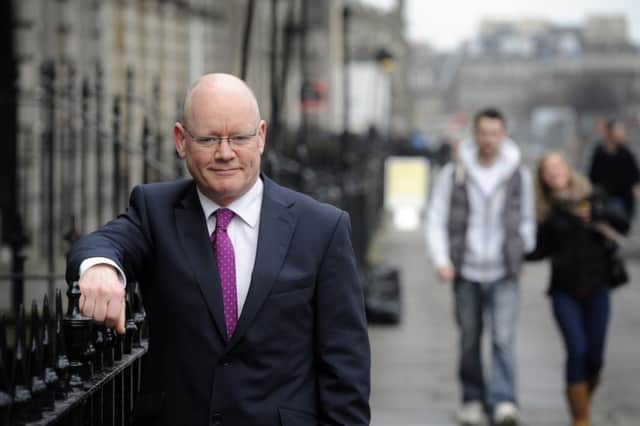Trained mediators vital to finding lasting consensus


In December the Scottish Mediation Network was delighted to respond to the Scottish Government’s consultation on the future of the planning system. We are firmly of the view that the review offers an opportunity to radically improve the system in Scotland. A key factor in achieving this would be for Scotland to become a leader in the use of mediation in planning. The discussions which took place in the process of preparing the Community Empowerment (Scotland) Act 2015 highlighted the desire for more effective local conversations within communities and the greater use of mediation would support and complement this approach.
There are many benefits to be gained from the wider use of mediation in planning, including:
Advertisement
Hide AdAdvertisement
Hide Ad• Flexibility: Mediation can provide the opportunity for solutions to be developed that may not be possible in an adversarial system.
• Efficiency: The effective use of mediation, particularly as part of pre-consultation processes, has the potential to speed up the process.
• Ownership: The greater involvement of the community in the process gives the potential for wider community ownership of developments.
• Maintaining Relationships: The chance to build trust where stakeholders are likely to meet again.
• Accessibility: Mediation ensures different voices are given the same air time and encouraged to contribute.
• Shared Learning and Capacity Building: By equipping people with mediation skills, communities can benefit in the longer term.
• Creativity: When people are guided in using mediating ways to resolve their differences it can spur a third way from which all benefit.
The main impact of mediation would be in changing the dynamic of the early stages of planning discussions. By focusing on the interests of all those involved, it may be possible to better engage communities in the decisions that affect them.
Advertisement
Hide AdAdvertisement
Hide AdThis can take place prior to getting into the quasi-legal process that tends to push people and organisations apart, as being for or against proposed developments. Ideally, therefore, mediation would be implemented as early as possible.
The International Picture
In examining the changes that could benefit the Scottish planning system the Network believes that international evidence shows that mediation can be a positive integral part of the system.
In Austria, a five-year mediation helped resolve conflicts around proposals for the expansion of Vienna Airport. This involved more than 60 representatives from 50 groups and struck a balance that protected residents from noise pollution and supported the airport’s expansion.
In New Zealand there are a number of specialist courts, with the Environment Court dealing with substantial matters of public interest. The number of mediations rose from six in 1993 to 449 in 2006-7.
In South Africa, the National Land Reform Mediation and Arbitration Panel operated from 1995-2000 and dealt with 225 mediations, preventing land disputes though a national panel of trained mediators. In summary the international examples above show the potential for great benefits from the use of mediation in planning. Mediation offers a way for everyone involved to have an equal opportunity to express their view and to contribute to decision-making. The mediator(s) will offer a chance for different groups to express their views and work together to find consensus. This would directly counteract the perceived power imbalances which face the planning system.
SEE ALSO